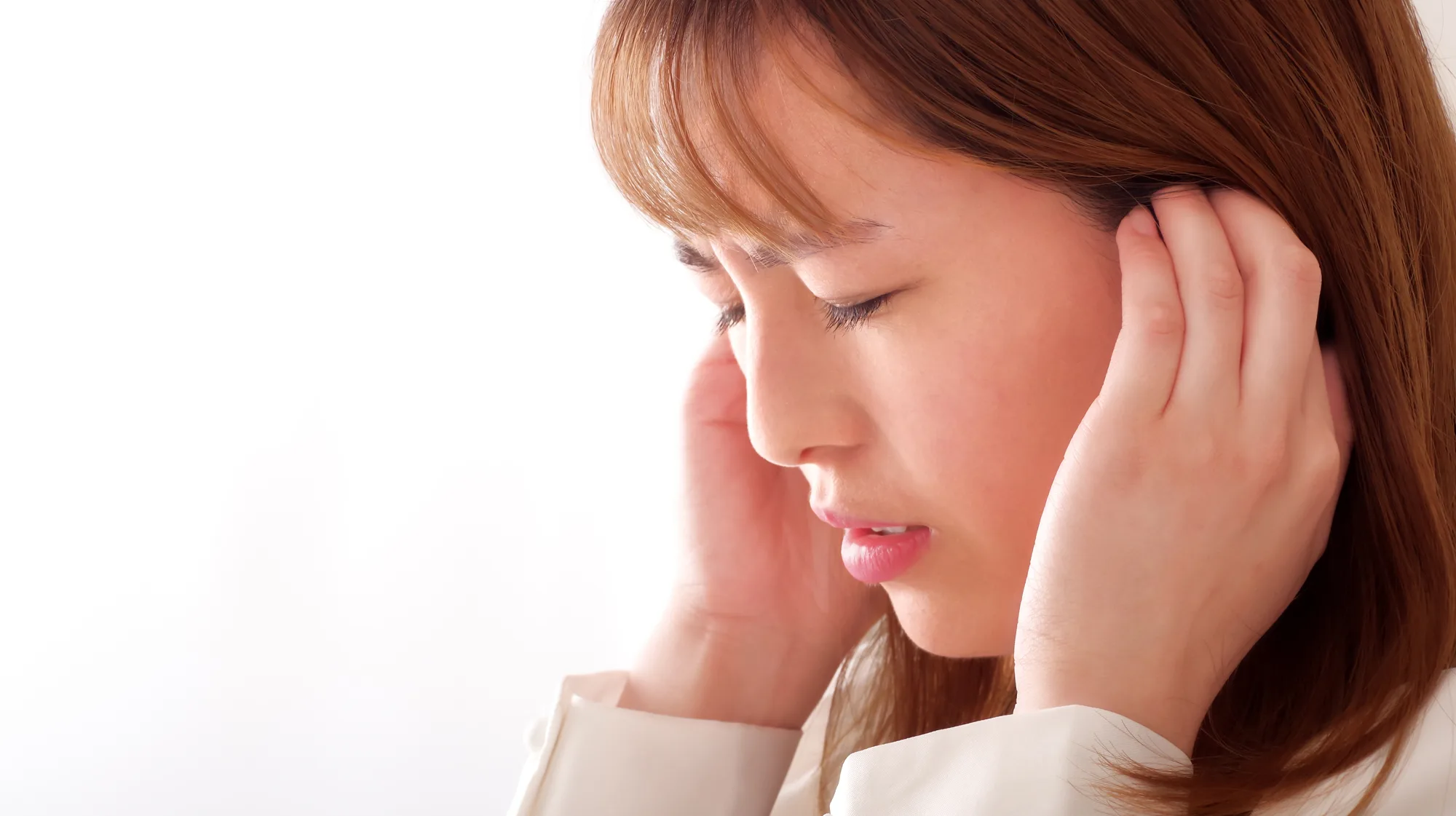Hearing Loss Prevention
Yes, you can indeed prevent hearing loss. And it’s more important now than ever before to start. Today, approximately 15% of U.S. adults ages 18 and older already have difficulty hearing.1 And the World Health Organization (WHO) estimates that 1.1 billion teenagers worldwide are at risk of hearing loss due to unsafe use of personal audio devices and exposure to damaging levels of sound at noisy entertainment venues.2
The good news is that we can change these statistics through proper education surrounding hearing loss and how to prevent it. By knowing the causes and the preventive measures you can take to protect yourself, you can greatly reduce your risk of hearing loss and maintain a healthy quality of life.
Types of Hearing Loss
Hearing loss is categorized and diagnosed by degree and type. There are 5 different degrees of hearing loss:
- Slight (16–25 dB)
- Mild (26-40 dB)
- Moderate (41-55 dB)
- Severe (71-90 dB)
- Profound (+91 dB)
And there are 3 different types of hearing loss:
- Sensorineural
- Conductive
- Mixed (which is part conductive and part sensorineural)
A person with hearing loss can have any combination of the above types and degrees, such as mild conductive hearing loss or severe sensorineural hearing loss.

Sensorineural Hearing Loss
Sensorineural hearing loss is the most common type of hearing loss and is caused by issues related to your inner ear and/or your auditory nerve. Sensorineural hearing loss is permanent. It can only be remedied with interventions like hearing aids.
Causes
Conductive Hearing Loss
Conductive hearing loss occurs when there are problems in your outer and/or middle ear that interfere with the transmission of sound to your inner ear. Unlike sensorineural hearing loss, conductive hearing loss can be reversed once the underlying cause is treated.
Causes

How Can You Prevent Hearing Loss?
While you can’t always avoid things that contribute to hearing loss, you can adopt healthy hearing habits that can diminish your risk of developing hearing loss. By adopting these habits early and practicing them regularly, you can preserve your hearing well into the future.
Healthy Hearing Habits
Can You Cure Hearing Loss?
No. As it stands, aside from temporary hearing loss caused by infection or trauma, hearing loss is permanent and unfortunately also degenerative. That means hearing loss will only get worse over time without intervention, which is why is it crucial to seek treatment from a licensed hearing specialist as soon as symptoms present.
Next Steps to Comprehensive Hearing Loss Prevention
Preventing hearing loss is essential to maintaining your overall health and quality of life. And by taking the right proactive measures, you can reduce your risk of hearing damage and delay the onset of hearing loss.
However, if you suspect you might already have hearing damage, it’s not too late to act. Meet with one of our highly experienced hearing specialists at any of our Audibel network-approved hearing aid centers conveniently located throughout the United States.
References:
- Blackwell, DL; Lucas, JW; Clarke, TC (2014): Summary health statistics for U.S. adults: National Health Interview Survey, 2012 . National Center for Health Statistics. Vital Health Stat Feb:(260):1-161.
- World Health Organization (WHO). Deafness and hearing loss. Updated 2 February 2024. Found on the internet at https://www.who.int/news-room/fact-sheets/detail/deafness-and-hearing-loss